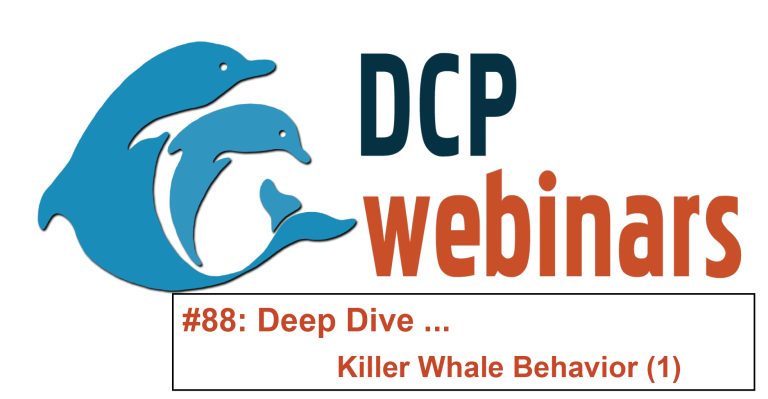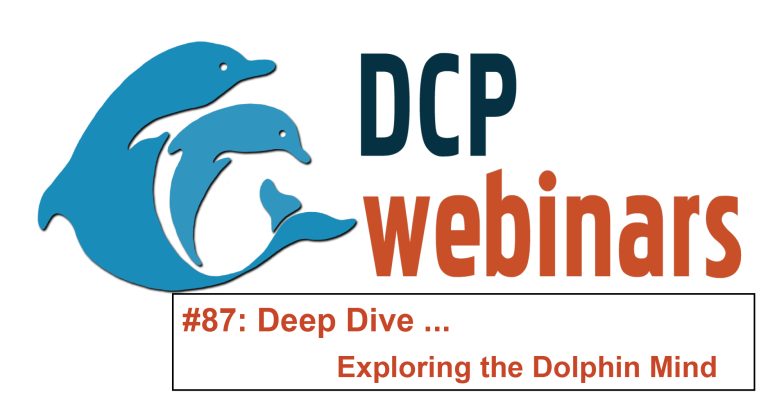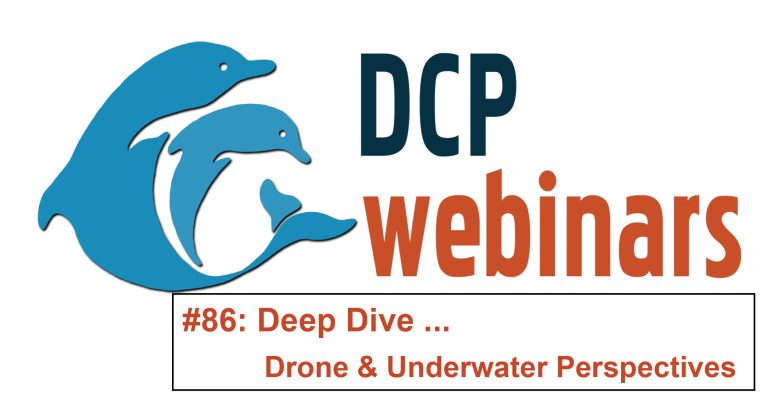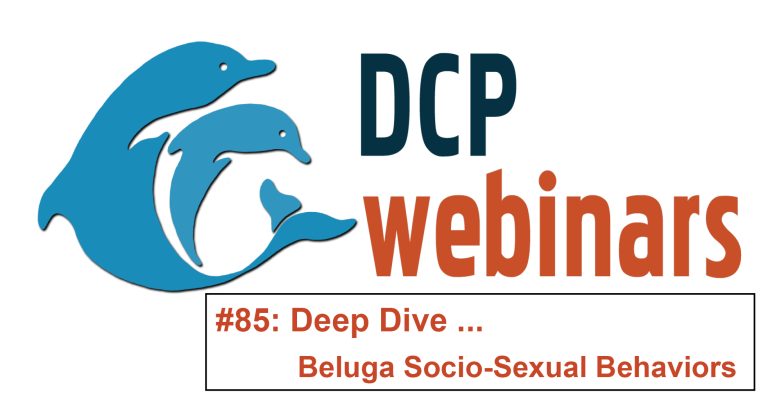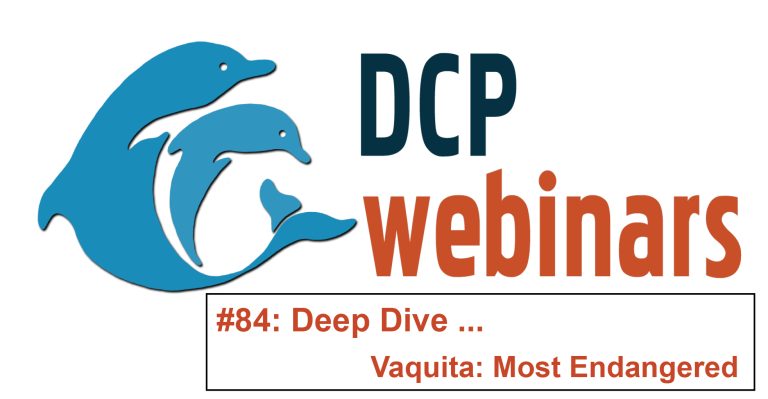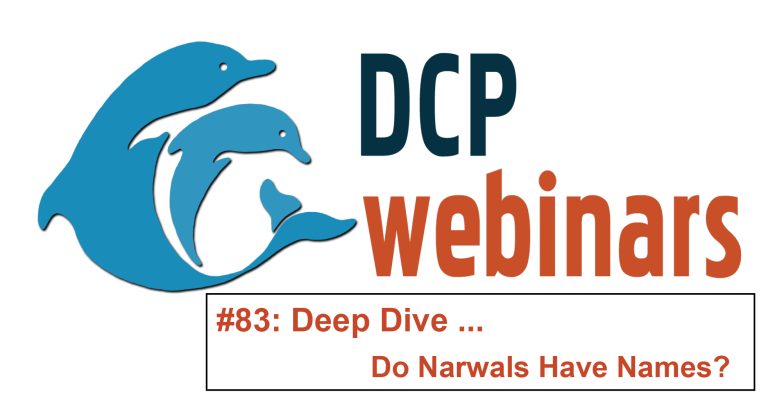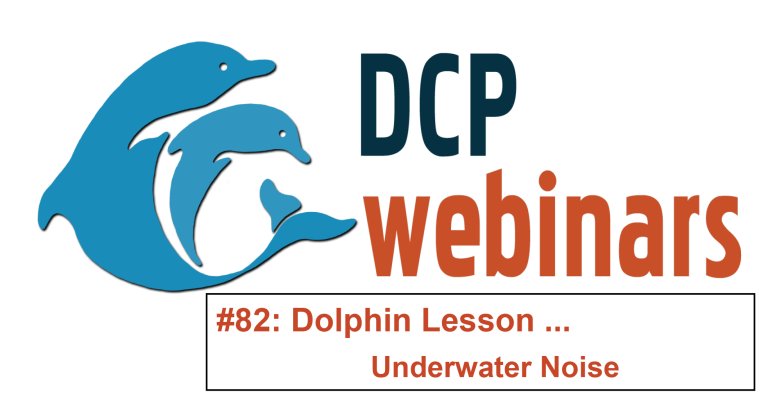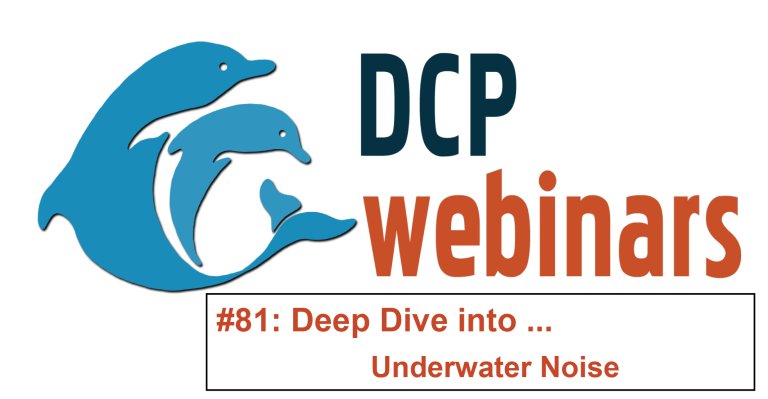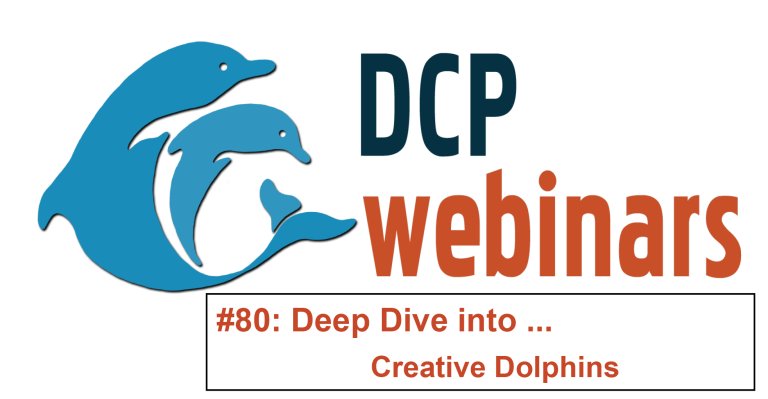Below you’ll find an archive of DCP’s webinars. “DCP Dives Deep into…” programs are geared toward ages 14+ and “DCP Dolphin Lessons” are designed with ages 6 – 13 in mind. But, all are family-friendly, so all ages are encouraged to listen and watch. If you are new to DCP, scroll down and be sure to check out our very first webinar, “Dolphin Communication Project: Who We Are” to get a better sense of who we are and what we do. Interested in more online content? Our podcast, The Dolphin Pod, can be found at this link, Spotify, Apple, or by looking under ‘The Knowledge Hub’ tab.
And, don’t miss our Kids Science Activities!
DCP Deep Dive: Investigating Killer Whale Behavior from Multiple Perspectives & Locations
DCP is studying killer whales, the largest dolphin species, the same way we have investigated bottlenose & Atlantic spotted dolphins over the years. Come learn!
Upcoming Free Webinars
Learn about the largest dolphin - the killer whale - on June 10th at 6:00 p.m. ET!
DCP Deep Dive: Exploring the Dolphin Mind
What do we actually know about dolphin minds, and how do we know it? Join Dr. Kelly Jaakkola for the first Deep Dive of 2025!
DCP Deep Dive: A Plan for Comparison of Video Data from the Drone and Underwater Perspectives, with occasional feline supervision
DCP's own Kathleen & John share a bit of DCP's latest project, bringing a drone perspective to data collection at the Roatan Institute for Marine Sciences (RIMS).
DCP Deep Dive: Learning from Longitudinal Research on Beluga Sexual Behavior, Implications for Welfare and Conservation
Learn about longitudinal research of beluga sexual behavior, including developmental patterns, sociosexual behavior, and reproductive behavior and the implications for welfare and conservation from Dr. Malin Lilley!
DCP Deep Dive: The Vaquita: The World’s Most Endangered Marine Mammal
The most endangered marine mammal in the world is the vaquita, a tiny porpoise found only in the northern Gulf of California, Mexico. It has been reduced to about 8-12 individuals through by-catch in gillnets. Learn about this unique species from Dr. Thomas A. Jefferson.
DCP Deep Dive: Do Narwhals Have Names?
Signature calls are calls that animals use to identify each other, and they are rare in the animal kingdom! Bottlenose dolphins have them, but do narwhals? Find out what the research tells us so far in this talk led by Dr. Audra Ames.
DCP Dolphin Lesson: Shhhh! Keeping the Ocean Quiet for Whales
Dr. Lindy discussed how whales and dolphins are sensitive to underwater noise pollution, what the main sources of this pollution are, and possible solutions, including what kids can do to help. She showed a few slides from her year-long research trip across the Pacific Ocean, studying sperm whale sounds, with her then 5 yr. old and 10-mo. old. (CW: graphic photo from 7:15-7:26.)
DCP Deep Dive: Quieting Noise in the Sea – Acoustic Damage to Whales and What We Can Do About It
Whales and dolphins are sensitive to underwater noise pollution. Topics covered in this talk include the main sources of underwater noise pollution, the various impacts that have been found, and possible solutions.
Have you heard about dolphins being creative? In this Deep Dive, learn details about how two species of dolphins (yes! Killer whales are dolphins!) performed on a test of creativity and how these findings might be related to understanding how dolphins learn new behaviors or adapt to different environments.

